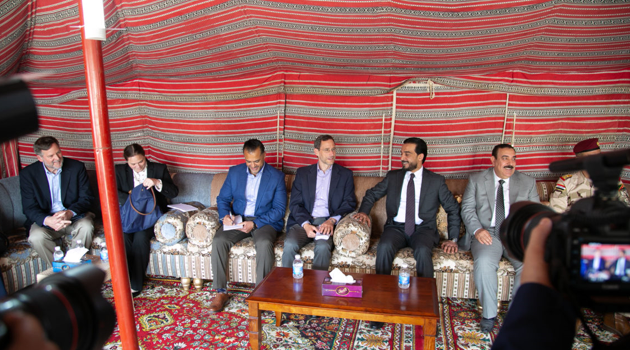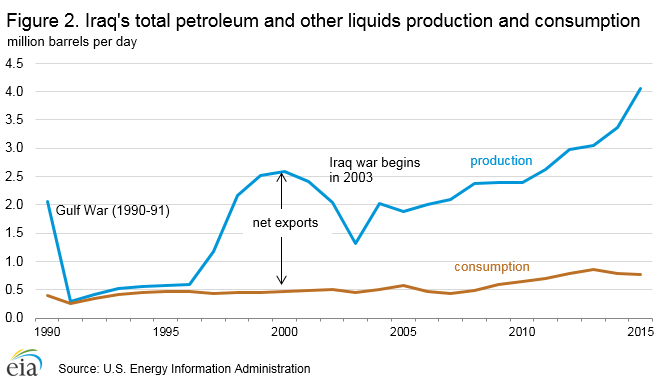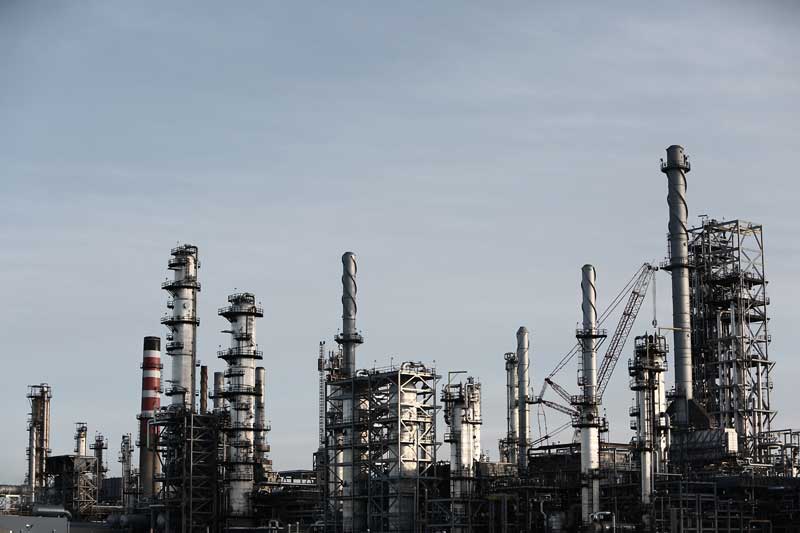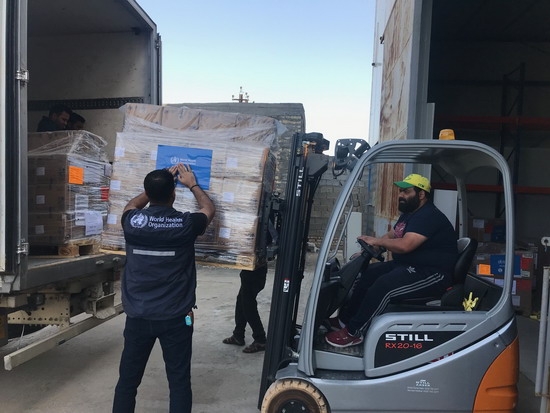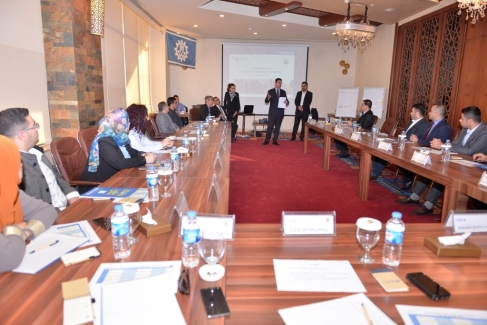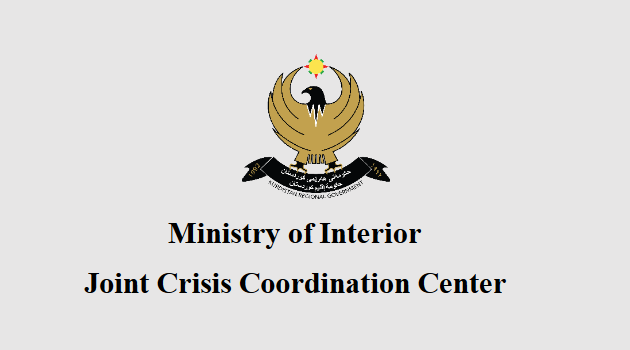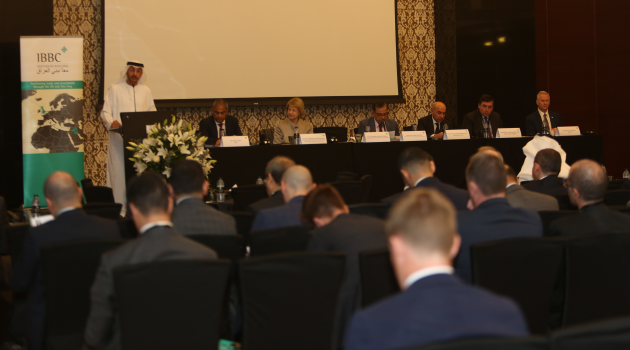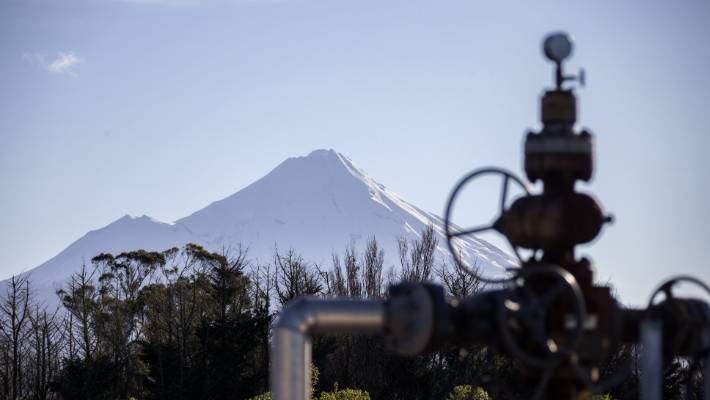The Iraq Britain Business Council (IBBC) held its annual Spring Conference at the Mansion House in London on 10 April, hosting officials from the UK and Iraqi Governments and delegates from the major companies operating in Iraq covering all sectors of the economy.
The conference was entitled ‘Iraq – Financing a Modern Economy’ and was organised in conjunction with the Central Bank of Iraq and the Iraq Private Banks League. H.E. Dr Fuad Hussein, Deputy Prime Minister and Minister of Finance lead a high level delegation of Government officials alongside Dr Mehdi Al Alak, Secretary General of the Council of Ministers, Mr Abbas Imran Mousa, DG Technical Department, Ministry of Transport, Dr Falah Al-Amiri, Councillor for Oil & Gas supplies to the Iraqi Minister of Oil, officials from the Central Bank of Iraq, a delegation from the Union of Private Banks and the Governors of Erbil and Sulamania.
Baroness Nicholson of Winterbourne, President of IBBC and the Prime Minister’s Trade Envoy to Iraq, Azerbaijan, Turkmenistan & Kazakhstan opened the conference alongside Alderman Sir William Russell, H.E. Dr Fuad Hussein, The Rt. Hon. Alistair Burt MP, Graham Stuart MP, Minister for Investment, Department for International Trade and Jon Wilks CMG, Her Majesty’s Ambassador to Iraq.
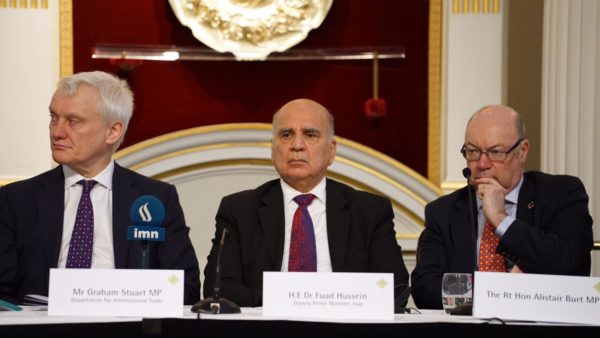
Dr Mehdi Al Alak presented a paper on ‘Private Sector Development and Investment in Iraq‘. Delegates received an exclusive insight into the Government’s planned measures and strategies to realise this ambition.
The event marked the 10th anniversary of the Iraq Britain Business Council and special awards were presented to Baroness Nicholson of Winterbourne and Eng. Rasmi Al Jabri, Deputy Chairman of IBBC as a token of gratitude for their contribution to the organisation over the last decade.
Dr Renad Mansour of Chatham House, produced a paper on ‘The present situation in Iraq’ which was commissioned especially for the IBBC conference.
Conference Sessions & Speakers
The Banking Sector in Iraq
Chairman: Gavin Wishart, Consultant
Panellists: Dr Mazen Sabeh Ahmed, Central Bank of Iraq; Mohammed Delaimy, Standard Chartered Bank; UK Export Finance (UKEF); Ali Tariq Mostaf, Iraq Private Banking League; Richard Wilkins, JP Morgan
Stock Market & Investment Opportunities
Chairman: John Kemkers, Eversheds Sutherland
Panellists: Shwan Ibrahim Taha, Iraqi Stock Exchange; Dr Alaa Abdel Hussein Al Saadi, Iraqi Securities Commission; Abdulla al Qadi, Crescent Petroleum
Keynote Address: Dr Mehdi Al Alak, Secretary General of the Council of Ministers
Oil & Gas
Chairman: Prof. Frank Gunter, Lehigh University
Panellists: Dr Mark Wharton, Shell; Lawrence Coleman, BP; Bob Dastmalchi, Chevron
Capacity Building in Iraq
Chairman: Ambassador Stuart Jones, Bechtel
Panellists: Dr Renad Mansour, Chatham House; Prof. Mohammed Al-Uzri, University of Leicester; Samer Al Mafraji, AMS Iraq
The IBBC is especially grateful to the sponsors of the event: Shell, the International Islamic Bank, Standard Chartered, Rolls-Royce and Eversheds Sutherland.
Our Partners, Speakers & Contributors
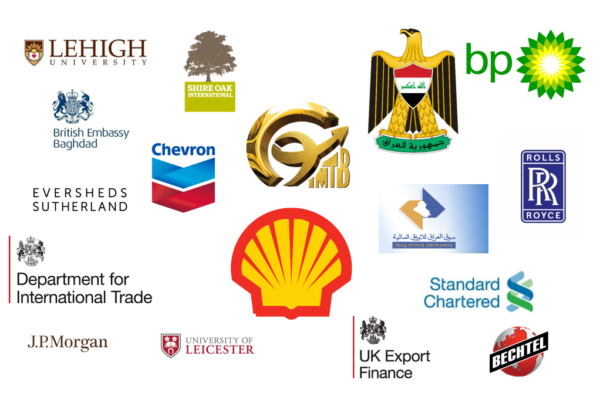
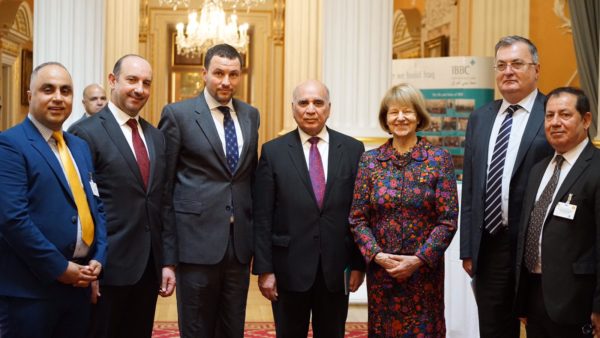
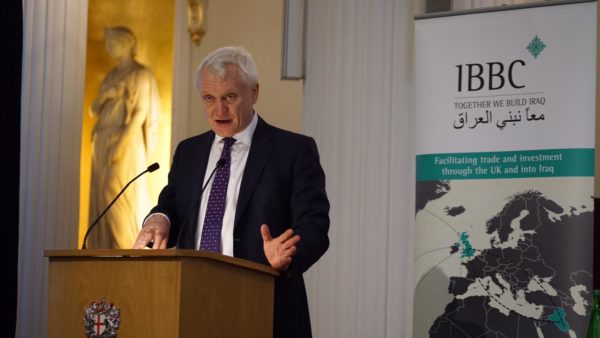
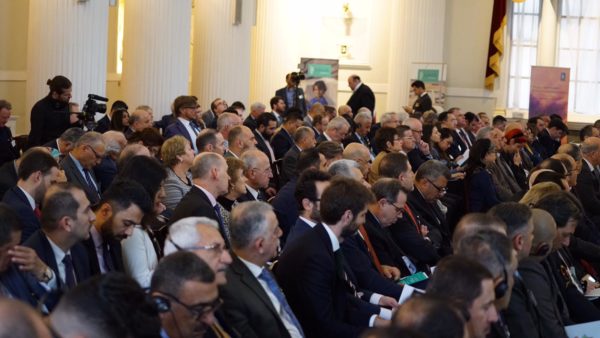
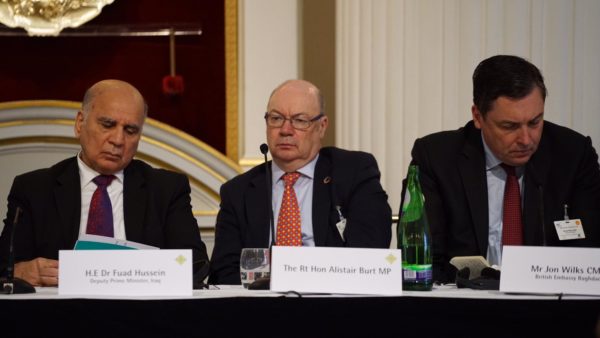
(Source: IBBC)

